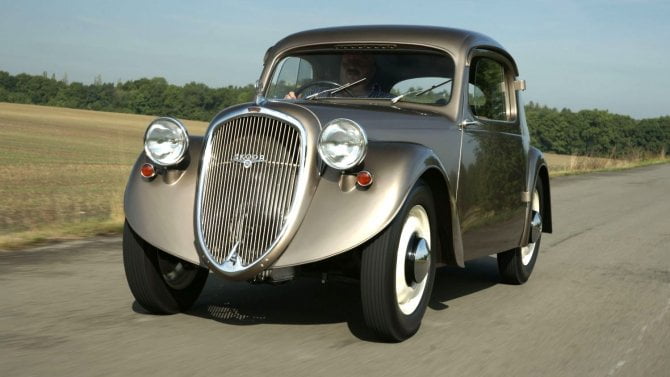...price for allowing other member states to make the document legally binding.
A draft mandate for a treaty reforming the bloc's institutions, circulated by the German EU presidency at a summit in Brussels, included a protocol saying no European or British court may apply the charter against Britain.
"The charter does not extend the ability of the court of justice, or any court or tribunal of the United Kingdom to find that the laws, regulations or administrative provisions, practices or actions of the United Kingdom are inconsistent with the fundamental rights, freedoms and principles that it reaffirms," the document said.
Britain had said it did not want provisions such as a broadly defined right to strike -- the subject of bitter labour conflicts and restrictive legislation in the 1980s -- to be imposed on it from outside.
Having incorporated a separate European Convention on Human Rights into national law in the late 1990s, Britain is highly sensitive about again coming under the jurisdiction of what it considers a foreign court on those issues.
The protocol said: "In particular, and for the avoidance of doubt, nothing in ... the Charter creates justiciable rights applicable to the United Kingdom except in so far as the United Kingdom has provided for such rights in its national law."
The charter was negotiated by a convention in 2000 and issued as a political declaration by EU leaders at their Nice summit that year. It was incorporated into the EU constitution agreed in 2004 but rejected by French and Dutch voters in 2005.
Other EU states were determined to make legally binding on the EU's institutions.
Keywords: EU TREATY/EXCEPTION




 Tohle měla být Škoda pro chudé. Sagitta představovala zajímavý nápad, ale do série se nedostala
Tohle měla být Škoda pro chudé. Sagitta představovala zajímavý nápad, ale do série se nedostala
 Na Slovensku nově může člověk dostat pokutu za rychlost, pokud poběží na autobus. Po chodníku se teď musí chodit a jezdit nanejvýš 6 km/h
Na Slovensku nově může člověk dostat pokutu za rychlost, pokud poběží na autobus. Po chodníku se teď musí chodit a jezdit nanejvýš 6 km/h
 Test Volkswagen Caravelle Long 2.0 TDI 4Motion: Mikrobus do nepohody
Test Volkswagen Caravelle Long 2.0 TDI 4Motion: Mikrobus do nepohody
 Malý náklaďáček mnoha jmen: Škoda/Aero/Praga (A) 150 byla nedoceněným československým dříčem
Malý náklaďáček mnoha jmen: Škoda/Aero/Praga (A) 150 byla nedoceněným československým dříčem
 Řidička uvízla na železničním přejezdu, rychlík ji minul jen o kousek
Řidička uvízla na železničním přejezdu, rychlík ji minul jen o kousek
